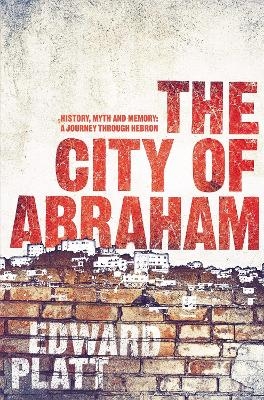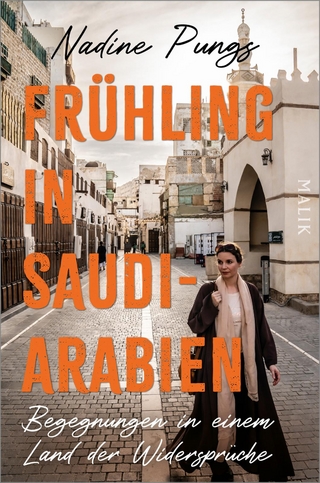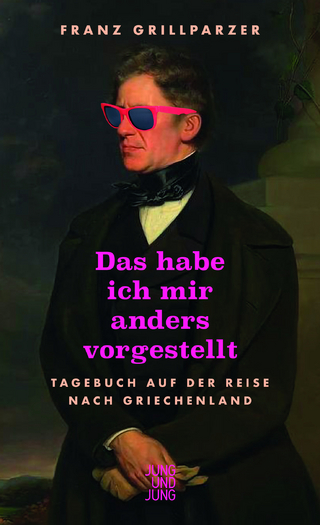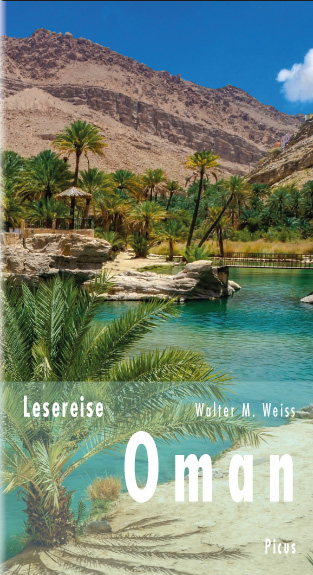
City of Abraham
History, Myth and Memory: A Journey through Hebron
Seiten
2013
Picador (Verlag)
978-0-330-42026-6 (ISBN)
Picador (Verlag)
978-0-330-42026-6 (ISBN)
The City of Abraham is a journey to the heart of the Israeli–Palestinian conflict, and an account of the shared roots of the three great monotheistic religions of the Middle East.
A journey through one of the world's most divided cities – Hebron, in the Israeli-occupied West Bank of Palestine, exploring the influence of the history, religion and myth on the country's tumultuous present.
It begins with a hill called Tel Rumeida, the site of ancient Hebron, where the patriarch Abraham – father of the Jews and the Arabs – was supposed to have lived when he arrived in the Promised Land.
In City of Abraham, Edward Platt meets the Palestinian residents of Tel Rumeida, and the messianic settlers who have made their homes in a block of flats that stands on stilts on an excavated corner of the site. He meets the archaeologists who have attempted to reconstruct the history of the hill. He meets the soldiers who serve in Hebron, and the intermediaries who try to keep the peace in the divided city.
Through a mixture of travel writing, reportage and interviews, Platt tells the history of the Tel Rumeida hill and the city in which it stands, and explores the mythic roots of the struggle to control the land – illuminating the lives of the people at the heart of the most intractable conflict in the world.
A journey through one of the world's most divided cities – Hebron, in the Israeli-occupied West Bank of Palestine, exploring the influence of the history, religion and myth on the country's tumultuous present.
It begins with a hill called Tel Rumeida, the site of ancient Hebron, where the patriarch Abraham – father of the Jews and the Arabs – was supposed to have lived when he arrived in the Promised Land.
In City of Abraham, Edward Platt meets the Palestinian residents of Tel Rumeida, and the messianic settlers who have made their homes in a block of flats that stands on stilts on an excavated corner of the site. He meets the archaeologists who have attempted to reconstruct the history of the hill. He meets the soldiers who serve in Hebron, and the intermediaries who try to keep the peace in the divided city.
Through a mixture of travel writing, reportage and interviews, Platt tells the history of the Tel Rumeida hill and the city in which it stands, and explores the mythic roots of the struggle to control the land – illuminating the lives of the people at the heart of the most intractable conflict in the world.
Edward Platt was born in 1968. His first book, Leadville – about the Western Avenue of the A40 – won a Somerset Maugham Award and the John Llewellyn Rhys Prize. Following City of Abraham, Platt published The Great Flood, a BBC Radio 4 Book of the Week about the role of floods in the landscape of Britain. He lives in London.
| Verlagsort | London |
|---|---|
| Sprache | englisch |
| Maße | 127 x 203 mm |
| Gewicht | 422 g |
| Themenwelt | Reisen ► Reiseberichte ► Naher Osten |
| Reisen ► Reiseberichte ► Asien | |
| Geisteswissenschaften ► Geschichte ► Regional- / Ländergeschichte | |
| ISBN-10 | 0-330-42026-7 / 0330420267 |
| ISBN-13 | 978-0-330-42026-6 / 9780330420266 |
| Zustand | Neuware |
| Informationen gemäß Produktsicherheitsverordnung (GPSR) | |
| Haben Sie eine Frage zum Produkt? |
Mehr entdecken
aus dem Bereich
aus dem Bereich
Begegnungen in einem Land der Widersprüche | Von Dschidda bis Riad, …
Buch | Softcover (2024)
Malik (Verlag)
18,00 €
Tagebuch auf der Reise nach Griechenland
Buch (2023)
Jung u. Jung (Verlag)
16,00 €


